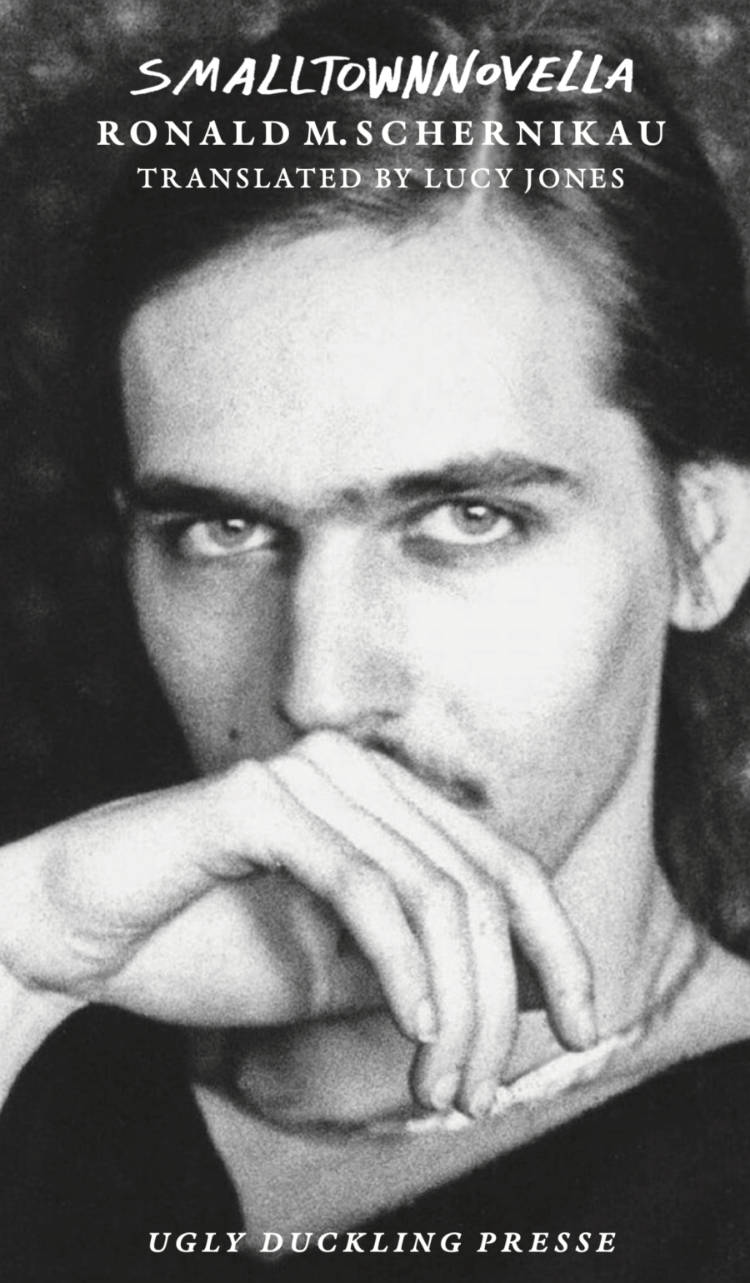
Letters: The classroom is burning, let's dream about a School of Improper Education
Since its founding as a cultural studies group in 1999 in Yogyakarta, Indonesia, KUNCI Study Forum & Collective has experimented with methods of producing and sharing knowledge through acts of collective study at the intersections of affective, manual, and intellectual labor. This pamphlet is a collaboratively authored epistolary essay that narrates the discourse behind the development of KUNCI’s School of Improper Education, an initiative that posits studying together as a tactical approach to creating the conditions for social movement. Founded in 2016, The School of Improper Education is an avenue through which unlearning can be practiced, where unknowingness can be transformed into a series of productive tools for understanding the contemporary social ecosystem and articulating the resourcefulness of an independent art and cultural organization.
This pamphlet is part of UDP’s 2020 Pamphlet Series: twenty commissioned essays on collective work, translation, performance, pedagogy, poetics, and small press publishing. The pamphlets are available for individual purchase and as a subscription. Each offers a different approach to the pamphlet as a form of working in the present, an engagement at once sustained and ephemeral.
KUNCI Study Forum & Collective experiments with methods of producing and sharing knowledge through acts of studying together at the intersections between affective, manual, and intellectual labor. Since its founding in 1999 in Yogyakarta, Indonesia, KUNCI has been continuously transforming its structure, ways, and medium of working. Initially formed as a cultural studies study group, at present KUNCI’s practices emphasize collectivizing study by way of space-making, discussion, research, publishing, and school-organizing. KUNCI traverses and connects institutional, disciplinary, and geographical boundaries. KUNCI’S membership is informal and based on friendship, as well as principles of self-organization and collaboration.
Language: English



.jpg)
